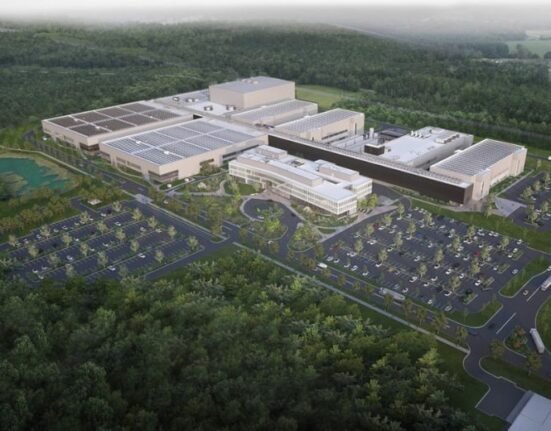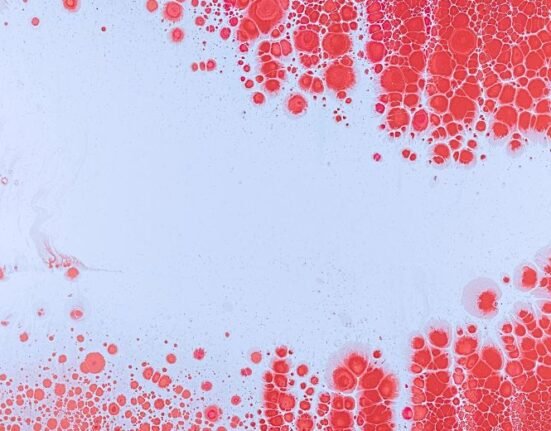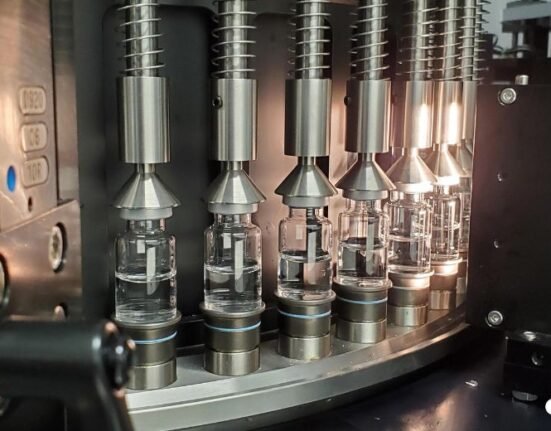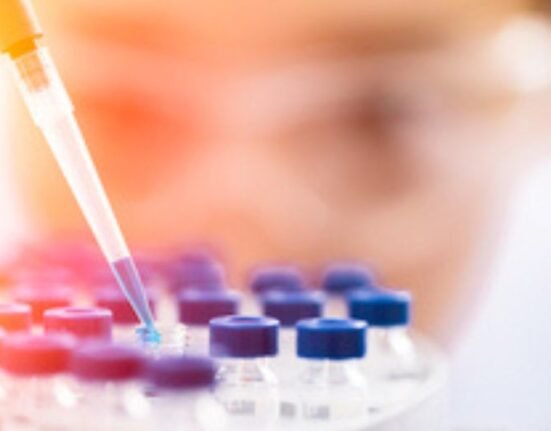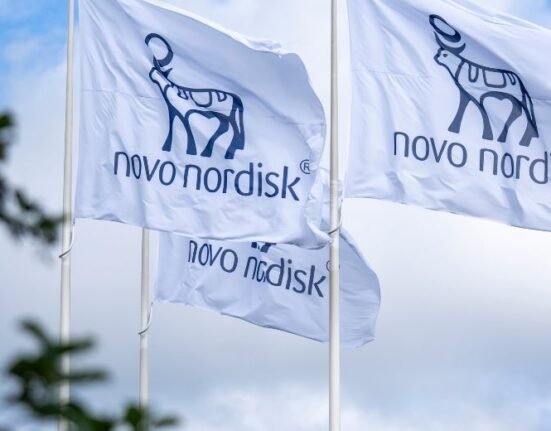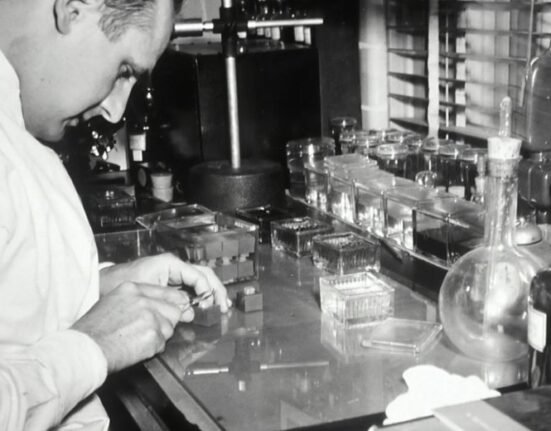HQ Team
August 22, 2023: Pfizer Inc’s Abrysvo, a vaccine used in pregnant women to prevent lower respiratory tract infection caused by respiratory syncytial virus (RSV) in infants, was approved by the FDA.
This is the first vaccine to be given the nod in the RSV category and is used in 32-36 weeks gestational age of pregnancy, according to an FDA statement.
The application was granted Priority Review status and Fast Track and Breakthrough Therapy designations by the Food and Drug Administration.
“Newborns and young infants – whose immune systems are still developing and are not yet strong enough to defend against infections – may now be protected from RSV from the moment of birth through maternal immunization,” said Eric A.F. Simões, a clinical professor at Pediatrics-Infectious Diseases, University of Colorado School of Medicine.
Older than 60
The FDA approved Abrysvo in May for the prevention of lower respiratory tract disease in individuals above 60 years.
Respiratory syncytial virus (RSV) is a highly contagious virus that causes respiratory infections in individuals of all age groups.
It is the most frequent cause of lower respiratory tract illness in infants worldwide. In most parts of the US, RSV circulation is seasonal, typically starting during the fall and peaking in the winter.
The virus is especially common in children, and most individuals can be expected to be infected with RSV by the time they reach two years of age.
While RSV most often causes cold-like symptoms in infants and young children, it can also lead to serious lower respiratory tract diseases (LRTD), such as pneumonia and bronchiolitis.
First year of life
In infants and children, the risk of RSV-associated LRTD is highest during the first year of life. According to the Centers for Disease Control and Prevention, RSV is the leading cause of infant hospitalization in the US.
The safety and effectiveness of Abrysvo, an injection, was evaluated in phase III international clinical studies.
Abrysvo reduced the risk of severe LRTD by 81.8% within 90 days after birth, and 69.4% within 180 days after birth, according to the FDA statement.
In a subgroup of pregnant individuals who were 32 through 36 weeks gestational age, about 1,500 received Abrysvo, and 1,500 received a placebo.
Abrysvo reduced the risk of LRTD by 34.7% and reduced the risk of severe LRTD by 91.1% within 90 days after birth when compared to the placebo.
Safety of vaccine
Within 180 days after birth, Abrysvo reduced the risk of LRTD by 57.3% and by 76.5% for severe LRTD, when compared to the placebo.
The safety of Abrysvo was evaluated in two studies. The most commonly reported side effects by pregnant individuals who received Abrysvo were pain at the injection site, headache, muscle pain, and nausea.
The FDA has told Pfizer to conduct postmarketing studies to assess the signal of serious risk of preterm birth and to assess hypertensive disorders of pregnancy, including pre-eclampsia.
“The approval of Pfizer’s Abrysvo is a major triumph as it helps ensure no delay in potential RSV protection during an infant’s most vulnerable first six months of life and offers healthcare providers a new opportunity to help prevent severe RSV,” said Annaliesa Anderson, Ph.D., Senior Vice President and Chief Scientific Officer, Vaccine Research and Development, Pfizer.



